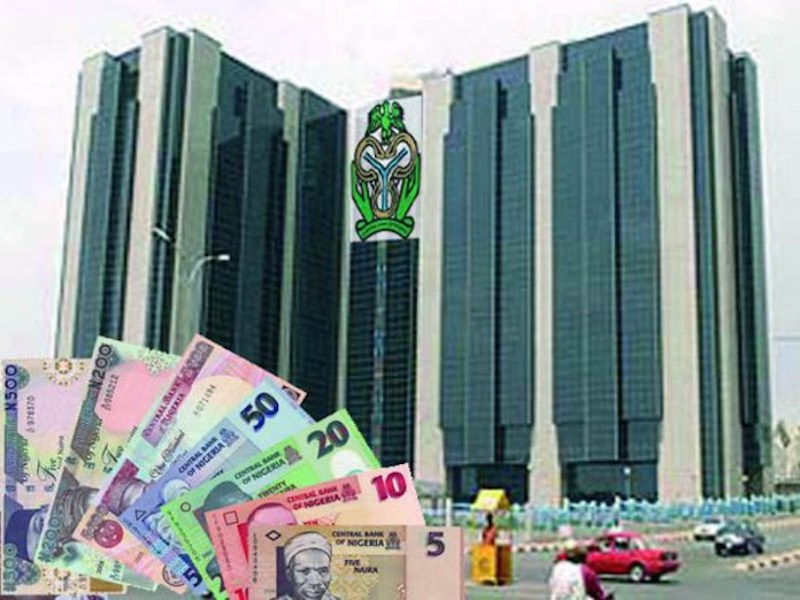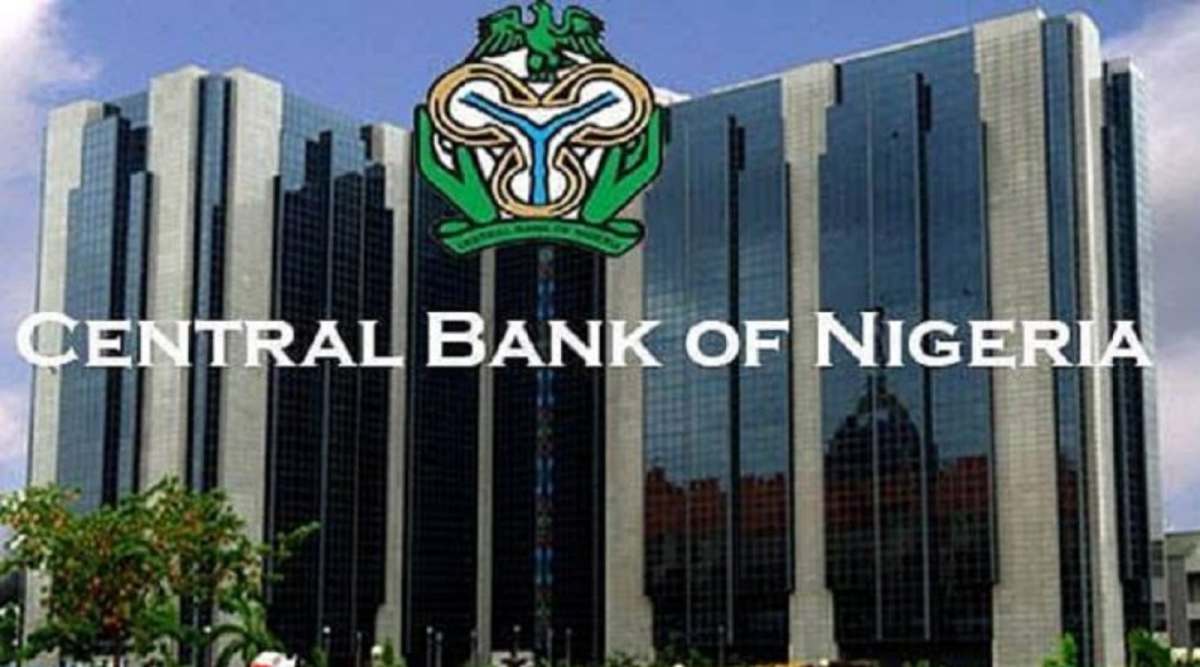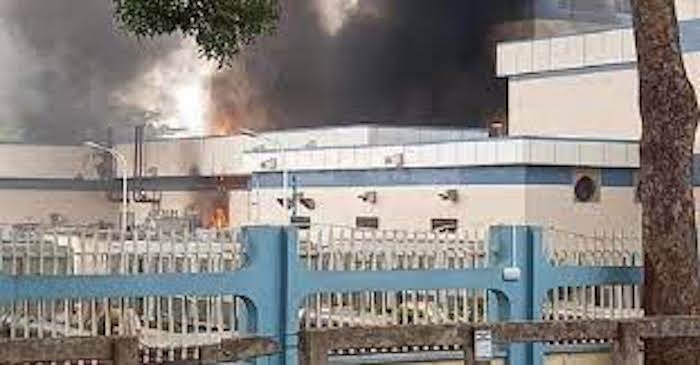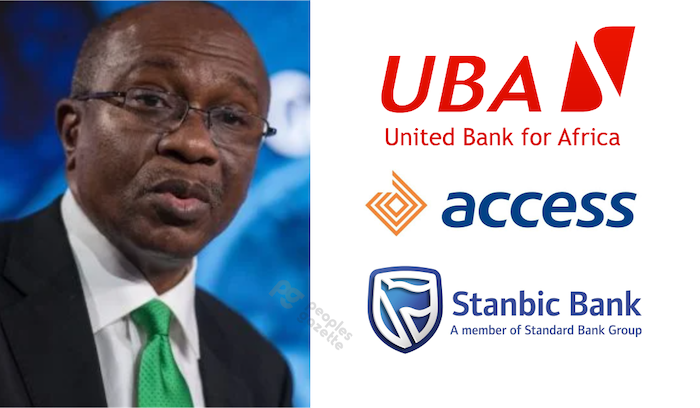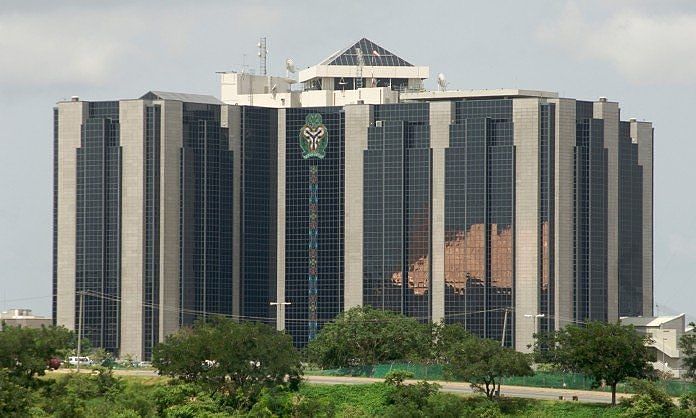
Why Bank Directors With Bad Loans Must Quit-CBN
The Central Bank of Nigeria has ordered bank directors with non-performing insider-related loans to step down immediately. The Acting Director of Banking Supervision, Adetona Adedeji, issued the directive in a circular on



